Description
Overview
Hydroquinone is a widely used skin-lightening agent that treats hyperpigmentation, including melasma, post-inflammatory hyperpigmentation (PIH), age spots, and freckles. It works by inhibiting melanin production, making it one of the most effective treatments for uneven skin tone. Hydroquinone is available in over-the-counter (OTC) formulations (usually up to 2%) and stronger prescription formulations (typically 4% or higher). It is often compounded with other ingredients like retinoids, corticosteroids, or vitamin C to enhance its effects.
Mechanism of Action
Hydroquinone works by:
- Inhibiting Tyrosinase:
- Tyrosinase is the key enzyme in melanin synthesis. Hydroquinone blocks its activity, reducing melanin production and lightening dark spots over time.
- Selective Melanocyte Suppression:
- It primarily affects hyperactive melanocytes, making it effective for hyperpigmented areas while leaving normal skin tone unaffected.
- Melanin Breakdown:
- Helps disperse existing melanin in the epidermis, gradually fading dark patches.
Benefits and Indications
Hydroquinone is commonly used for:
- Melasma:
- One of the most effective treatments for melasma, particularly when combined with retinoids or corticosteroids (e.g., the Kligman’s formula: hydroquinone, tretinoin, and hydrocortisone).
- Post-Inflammatory Hyperpigmentation (PIH):
- Treats dark spots left behind after acne, burns, or injuries.
- More effective on epidermal (surface-level) pigmentation.
- Freckles and Sunspots:
- Reduces pigmentation caused by UV exposure.
- Uneven Skin Tone:
- Helps create a more uniform complexion.
Possible Side Effects
Hydroquinone is effective but may cause side effects, especially with prolonged use:
- Skin Irritation: Redness, dryness, or a mild burning sensation, especially in sensitive individuals.
- Exogenous Ochronosis (Rare but Serious): A condition causing bluish-black skin discoloration with prolonged use, especially in darker skin tones.
- Increased Sun Sensitivity: Makes the skin more prone to sunburn and damage, requiring daily sunscreen use.
- Allergic Reactions: Some individuals may experience itching, swelling, or rash.
Drug Interactions
- Benzoyl Peroxide & Hydrogen Peroxide: Can cause temporary skin darkening when used together.
- Retinoids (e.g., Tretinoin): Often combined for enhanced effects but may increase irritation.
- Corticosteroids: Used in some formulations to reduce irritation but should be monitored for long-term use.
- Alpha Hydroxy Acids (AHAs): May enhance hydroquinone absorption but can also increase irritation.
Precautions and Considerations
- Short-Term Use Recommended: Hydroquinone is typically used for up to 3-6 months, followed by a break to prevent ochronosis.
- Patch Testing: Always recommended before use to check for allergic reactions.
- Not for Use in Pregnancy: Hydroquinone has systemic absorption, and its safety in pregnancy is not well established.
- Sun Protection: Essential, as sun exposure can worsen pigmentation and counteract treatment effects.

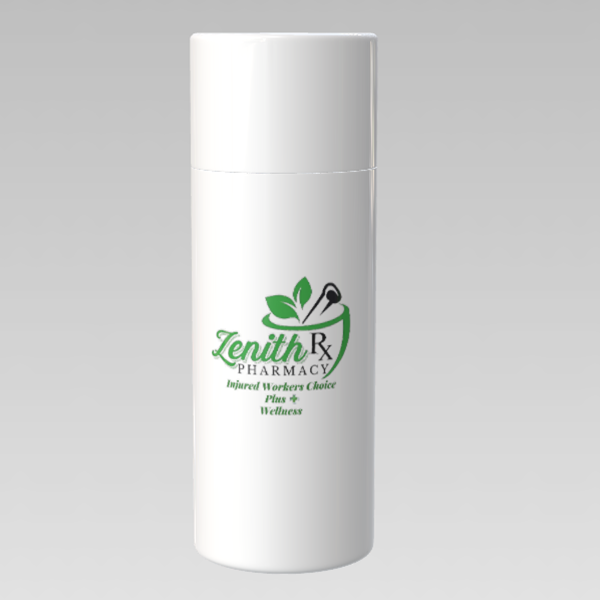
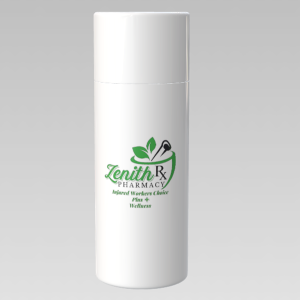
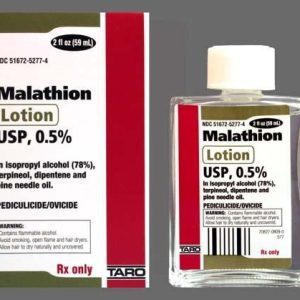
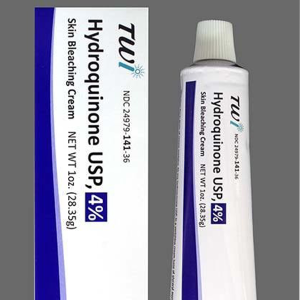
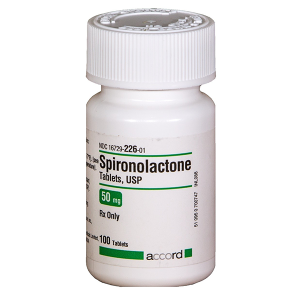
Reviews
There are no reviews yet.